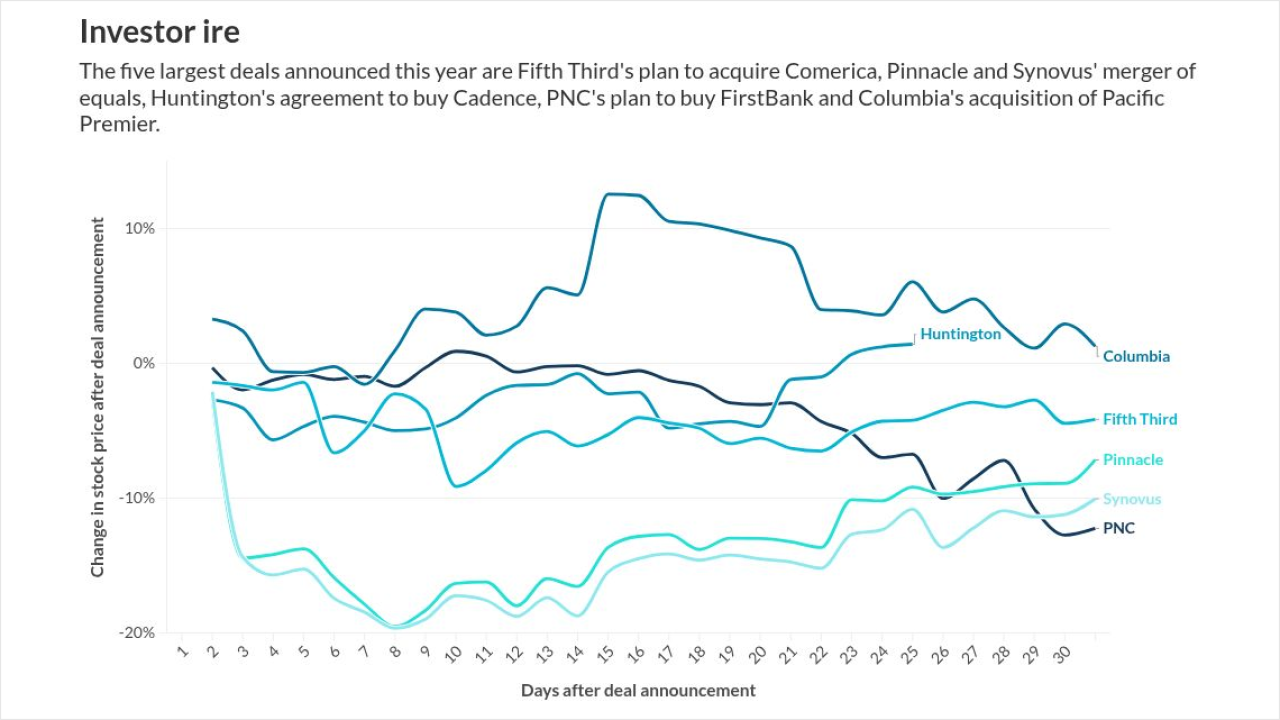Want unlimited access to top ideas and insights?
As Brexit starts to pick up steam in the coming year, the the impact on banks and the payment processing industry remain to be seen and will likely be far reaching.
The alternative payment industry stands to be a victim of the separation for some of the same reasons as more traditional banks and payment processors, yet they also face additional complications that are unique to their industry.
Many banks were
This was the same for the alternative payments industry and the companies innovating for it. Britain became the most popular financial technology hub on the planet. The EU agreement provided alternative payment companies with cross border access to markets across Europe, and made payment processing cost effective and relatively easy, something that may disappear after the separation.

Prior to the Brexit vote,
Following their exit from the EU, Britain would no longer sit at the table for PSD2 deliberations. If that is the case, all signs point to greater regulation and difficulties in meeting the EU guidelines for technology. By extension, this would make it
Faced with multiple policies for accessing funds, financial technology companies will be faced with choosing between Britain or the EU, or serving both at the expense of time and effort, to meet multiple regulations.
By positioning themselves in Britain while it was part of the EU, financial technology companies benefitted from more than just passporting of licenses. Thanks to work agreements, they were able to access and recruit top talent from across the European Union. As a result, they enjoyed significant growth and innovation in their space.
However, the separation from the EU also removes access to a huge population of creative and talented resources. With a reduced candidate pool to choose from, financial technology companies will be fighting to recruit and retain the best candidates in Britain, or lose bright and innovative British resources when they move their offices back to continental Europe.
We have yet to see when Britain will formally invoke Article 50 and announce their departure from the EU, and what agreements will be made during the two year transition period that follows. However, one thing is certain, once the clock begins ticking, the aftershock will be felt throughout the entire alternative payments industry as companies confront the implications for their own businesses and for the customers they serve.





